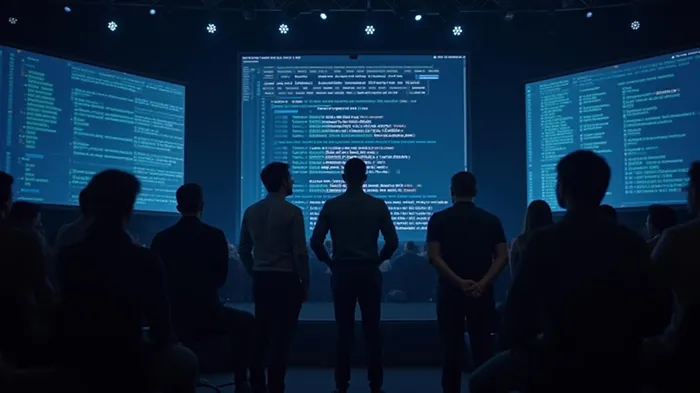Solana Patches Token-2022 Vulnerability, Sparks Centralization Debate
Solana, a prominent blockchain platform, recently addressed a critical vulnerability in its Token-2022 standard, which posed a significant risk of unauthorized token minting. The flaw, identified on April 16, 2025, allowed attackers to manipulate zero-knowledge proofs, potentially leading to the creation of an unlimited number of tokens or the theft of user assets. Fortunately, the issue was swiftly resolved, with a patch deployed within two days. However, the rapid response has sparked a debate about centralization within the Solana ecosystem.
The vulnerability was linked to the privacy-focused confidential transfers of the Token-2022 standard, which use zero-knowledge proofs to maintain transaction secrecy. The Solana Foundation acknowledged the issue and worked with key contributors, including Anza, Firedancer, Jito, Asymmetric Research, Neodyme, and OtterSec, to develop and implement a fix. By April 18, 2025, the majority of validators had adopted the updated code, securing the network from potential exploits. The Solana Foundation provided a detailed post-mortem on May 2, 2025, outlining the effectiveness of the response and confirming that no user funds were lost.
Despite the successful resolution, the private handling of the vulnerability has raised concerns about transparency. Critics argue that the Foundation's decision not to disclose the issue publicly until the fix was implemented undermines the platform's decentralized nature. Some stakeholders have expressed that the lack of immediate public disclosure could erode trust in Solana's decentralization credentials, especially as the platform faces increasing regulatory scrutiny. The incident has been compared to past crypto space incidents, such as the 2022 Terra–Luna collapse, which resulted in a loss of trust in centralized decision-making in blockchain networks.
The rapid coordination among validators to address the vulnerability has also raised questions about Solana's decentralized structure. A post on X by Neoma Ventures on May 5, 2025, highlighted concerns that a small group of validators was able to make significant changes quickly, potentially contradicting the principles of blockchain technology. This incident has intensified debates within the crypto community about governance and control, particularly in relation to Solana's proof-of-stake model, which prioritizes scalability and speed but concentrates influence on a smaller number of validators.
The recent case underscores the ongoing challenges of maintaining security in a fast-paced blockchain environment. A 2023 audit by Halborn revealed vulnerabilities in the Token-2022 program that allowed users to bypass transfer fees or move non-transferable tokens. While these issues were resolved, the latest incident highlights the persistent struggles of balancing security and transparency in blockchain development. The Solana Foundation's decision to prioritize speed over transparency has been met with criticism, as stakeholders call for better disclosure standards to regain user trust.

Quickly understand the history and background of various well-known coins
Latest Articles
Stay ahead of the market.
Get curated U.S. market news, insights and key dates delivered to your inbox.



Comments
No comments yet